Healthy eating: This is why we crave snacks even when we're not hungry
Healthy eating is hard, because we often can't resist reaching for the cookie jar. Here's why
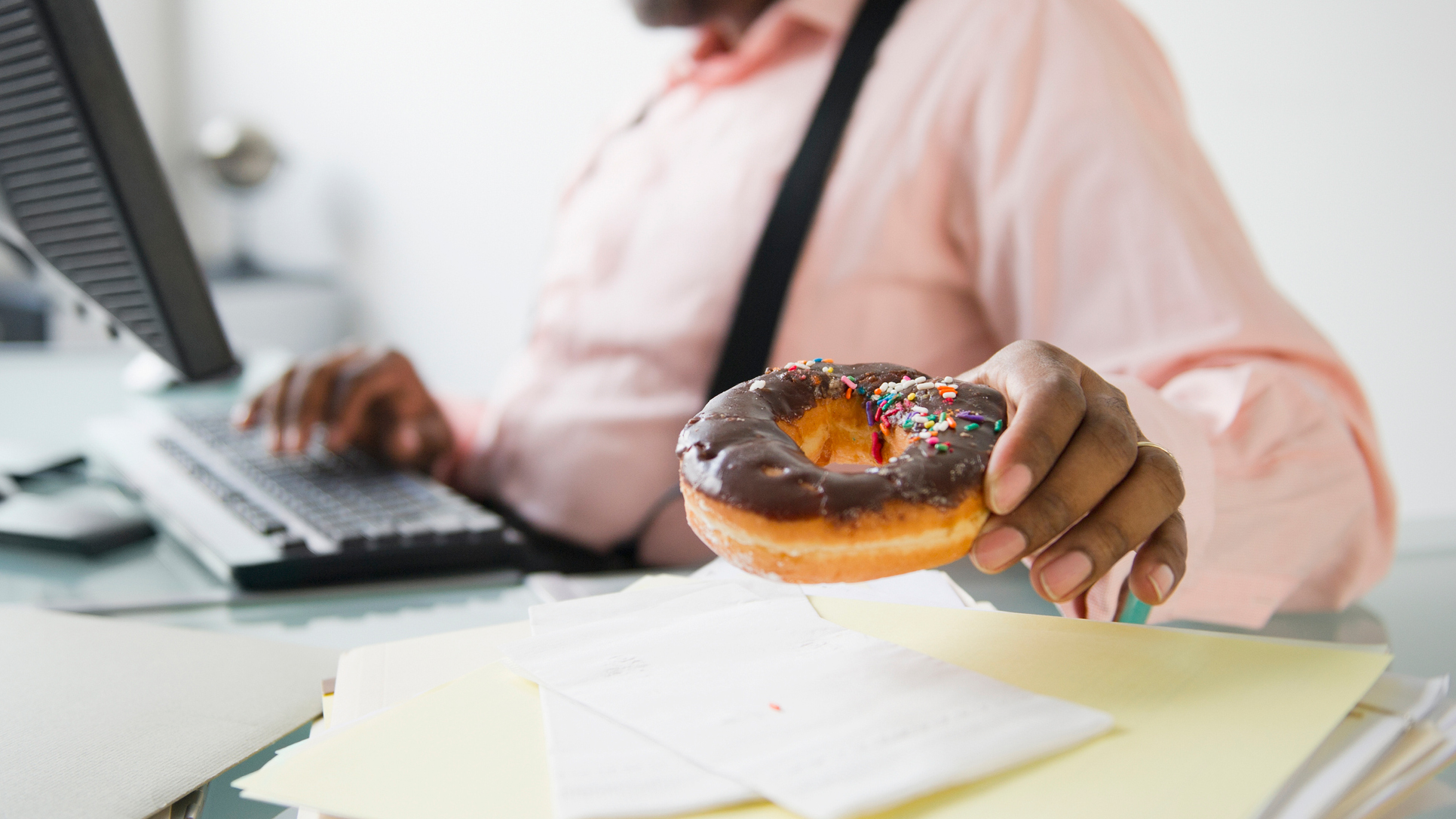

Healthy eating is hard, especially if you're starting a new diet plan for the first time. You have to unlearn lots of different habits you're ordinarily very accustomed to, like snacking. The problem is, there's a reason we crave junk food in between meals – food, especially high-calorie junk food, activates the same part of our brain as other addictive substances like cigarettes, alcohol and drugs.
- NEW: How four minutes of fitness a day can transform your workouts forever
- PLUS: Is your salad dressing healthy? Four things to consider
A study published in the scientific journal PLOS One studied whether high-calorie junk food was actually addictive. It was found that refined carbohydrates from high-energy "processed foods" are absorbed into the body at a very rapid rate, hitting the reward centre of the brain.
This is not the case with all foods: more complex carbohydrates and proteins aren't absorbed as fast, so our brain's reward centre isn't stimulated quite as quickly. The troubling part is the study's conclusion, as it says "highly processed foods, which may share characteristics with drugs of abuse (e.g. high dose, rapid rate of absorption) appear to be particularly associated with 'food addiction.'"
This "high dose" of refined carbohydrates is processed very quickly, leaving us craving more. If you find yourself reaching for sugary, starchy foods even when you're not hungry, this is why: those snacks are hitting the same spot in the brain as other addictive substances.
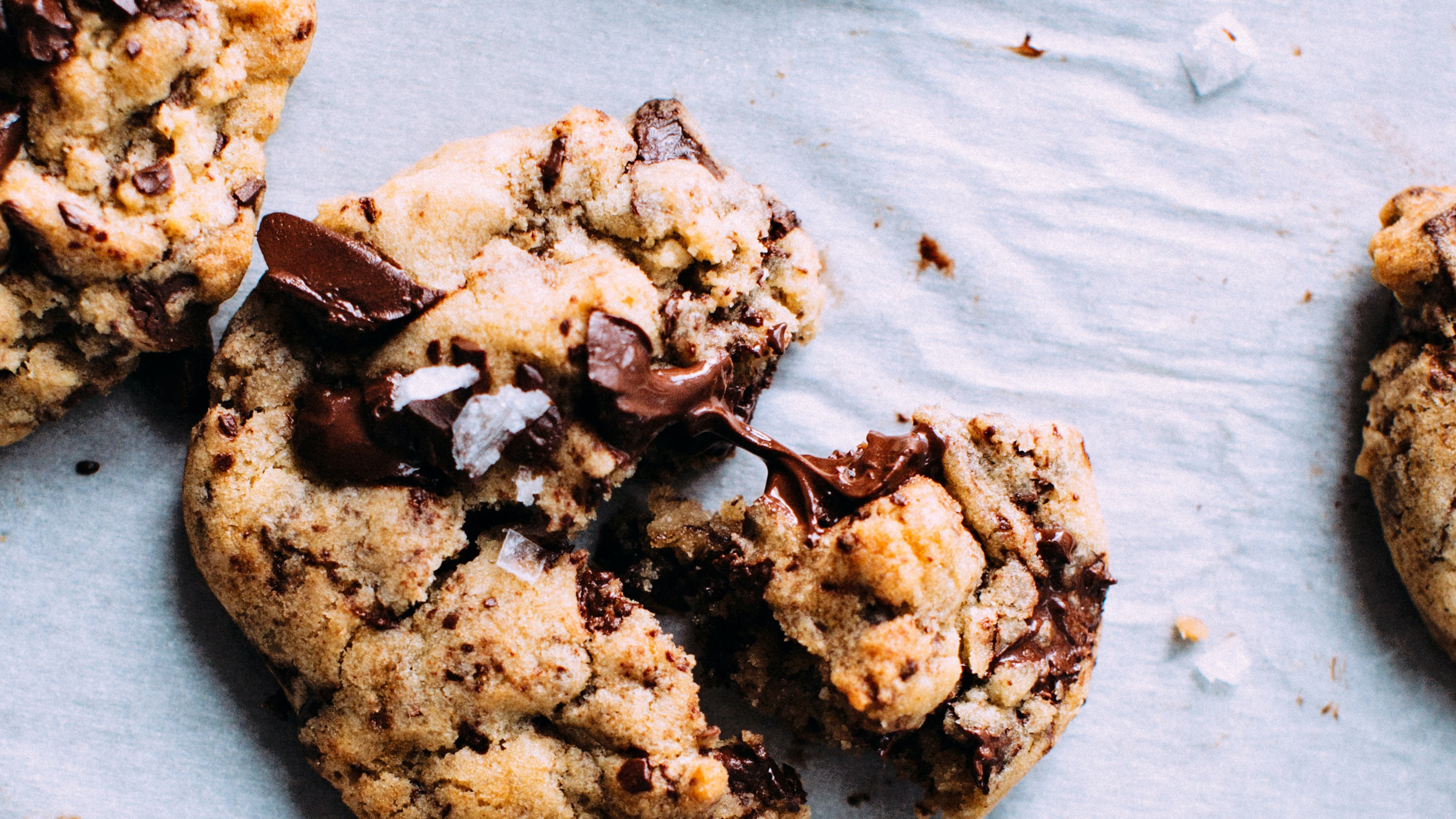
Unlike habits such as smoking or drinking, we have to eat something. This is why dieting is so difficult: the reward centre of our brain is always going to be stimulated by what we eat, to a lesser or greater degree. It's also not quite as simple as adopting very strict rules about what we eat, and sticking to a new draconian diet with willpower. This is like trying to go "cold turkey", and often doesn't work.
In addition, creating rules around food, and then breaking them, can lead to unhealthy feelings of guilt, and eventually mental health issues based on our relationship with food. The goal should be to follow a healthy, filling diet plan which you can enjoy, minimising unhealthy snacking.
The first step would be to make sure your food fills you up at meal times. Processed junk food, which is absorbed by the body quickly and will leave you unfulfilled, should be considered an occasional treat rather than a dietary staple.
Get the Fit&Well Newsletter
Start your week with achievable workout ideas, health tips and wellbeing advice in your inbox.
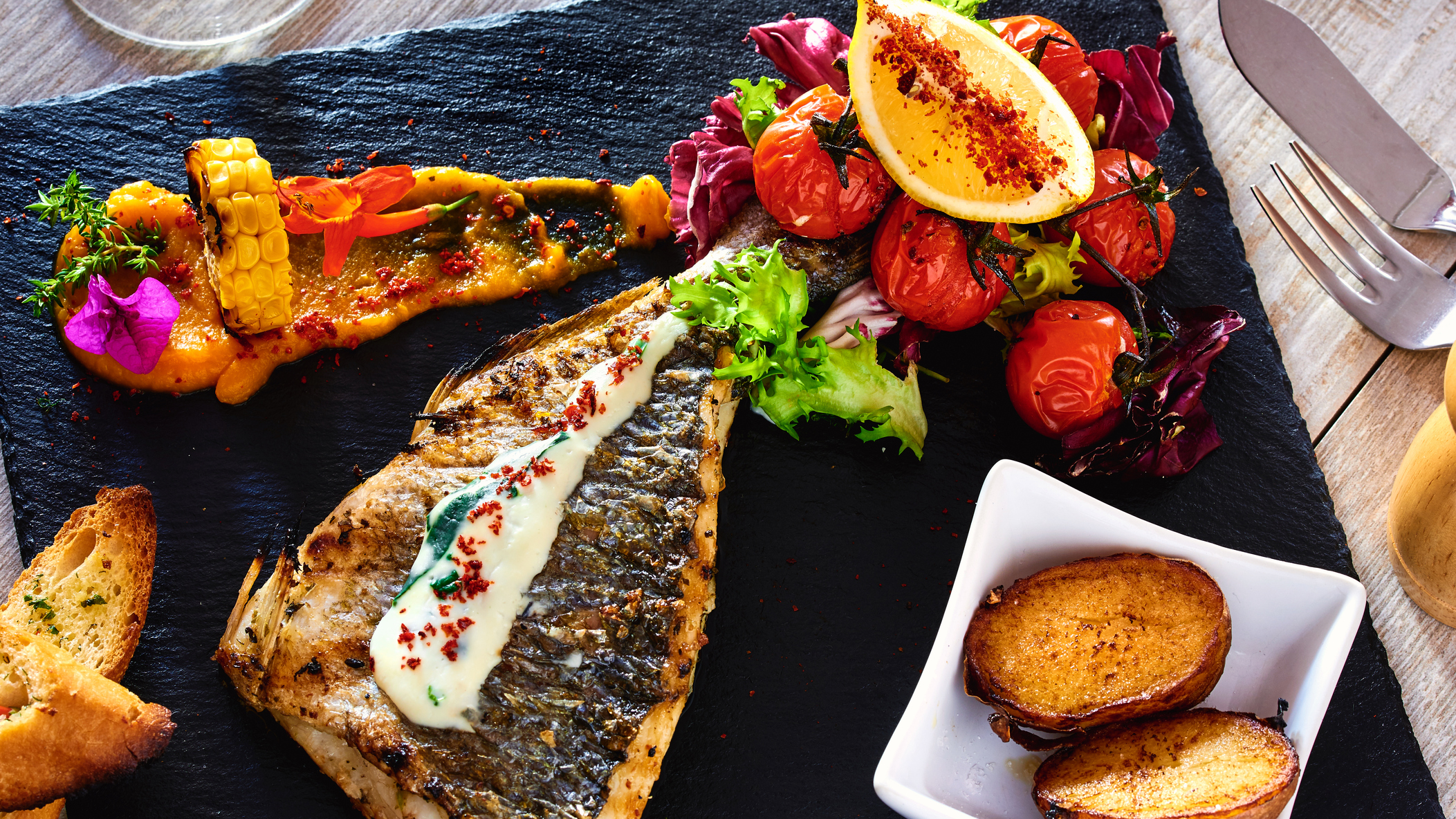
Meal plans such as the Mediterranean diet (voted the best diet in the world) rely on whole grains, carbohydrates from vegetables, healthy fats and proteins from fish and some meat. This is a complex diet which will take the body longer to digest, ensuring you feel fuller for longer.
The next stage is to recognise when you're actually hungry, and when your brain is simply craving that next hit of reward chemicals. If possible, switch to some healthy snacks, swapping chocolate and crisps for nuts, bananas, rye crackers and other fresh fruit.
Liked this?
Matt Evans is an experienced health and fitness journalist and is currently Fitness and Wellbeing Editor at TechRadar, covering all things exercise and nutrition on Fit&Well's tech-focused sister site. Matt originally discovered exercise through martial arts: he holds a black belt in Karate and remains a keen runner, gym-goer, and infrequent yogi. His top fitness tip? Stretch.
-
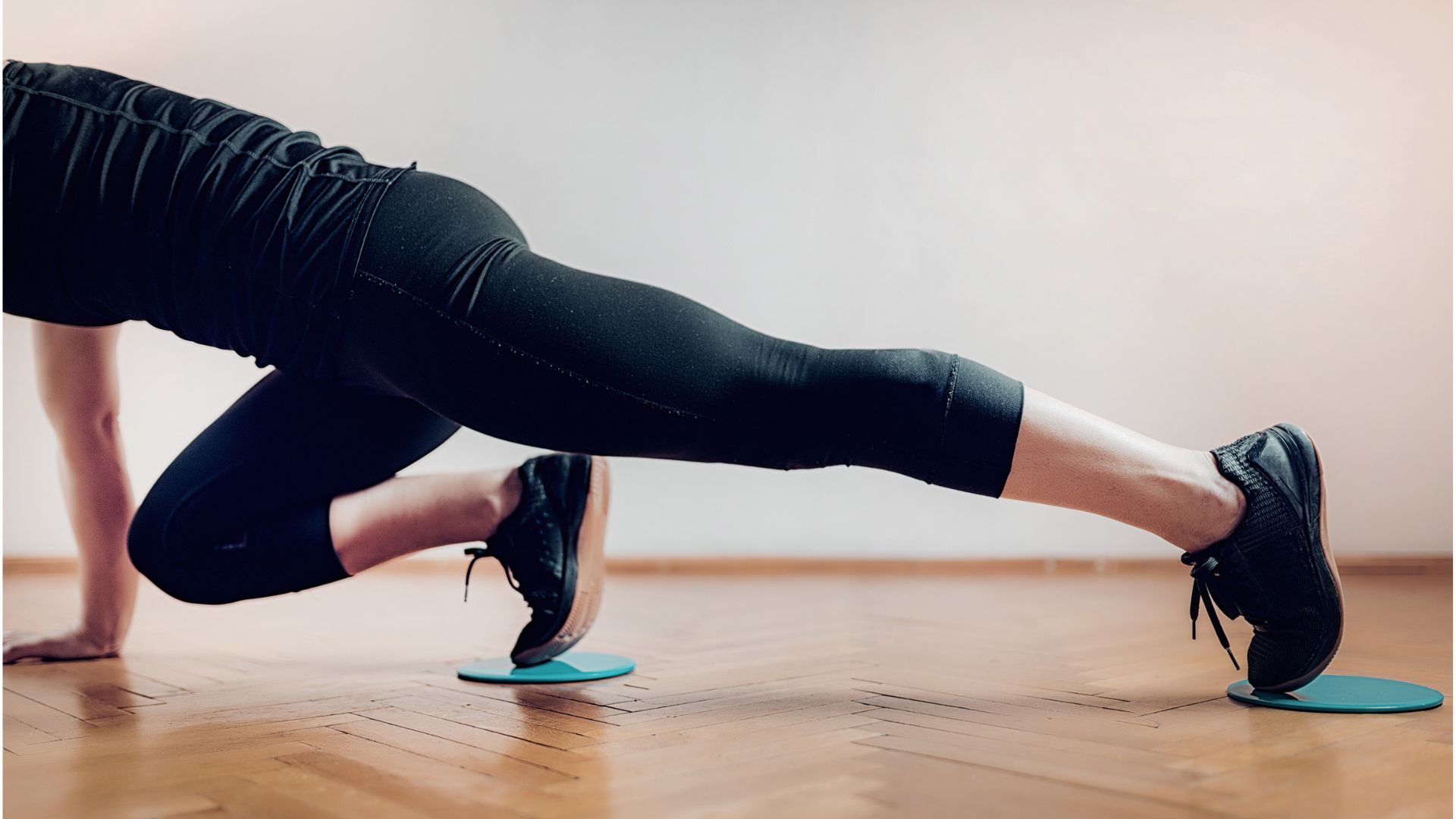 I'm a fitness writer who swears by Pilates and I think this piece of equipment is the best alternative to reformer classes—and it costs less than $10
I'm a fitness writer who swears by Pilates and I think this piece of equipment is the best alternative to reformer classes—and it costs less than $10This might just be the best alternative to a reformer machine
By Alice Porter Published
-
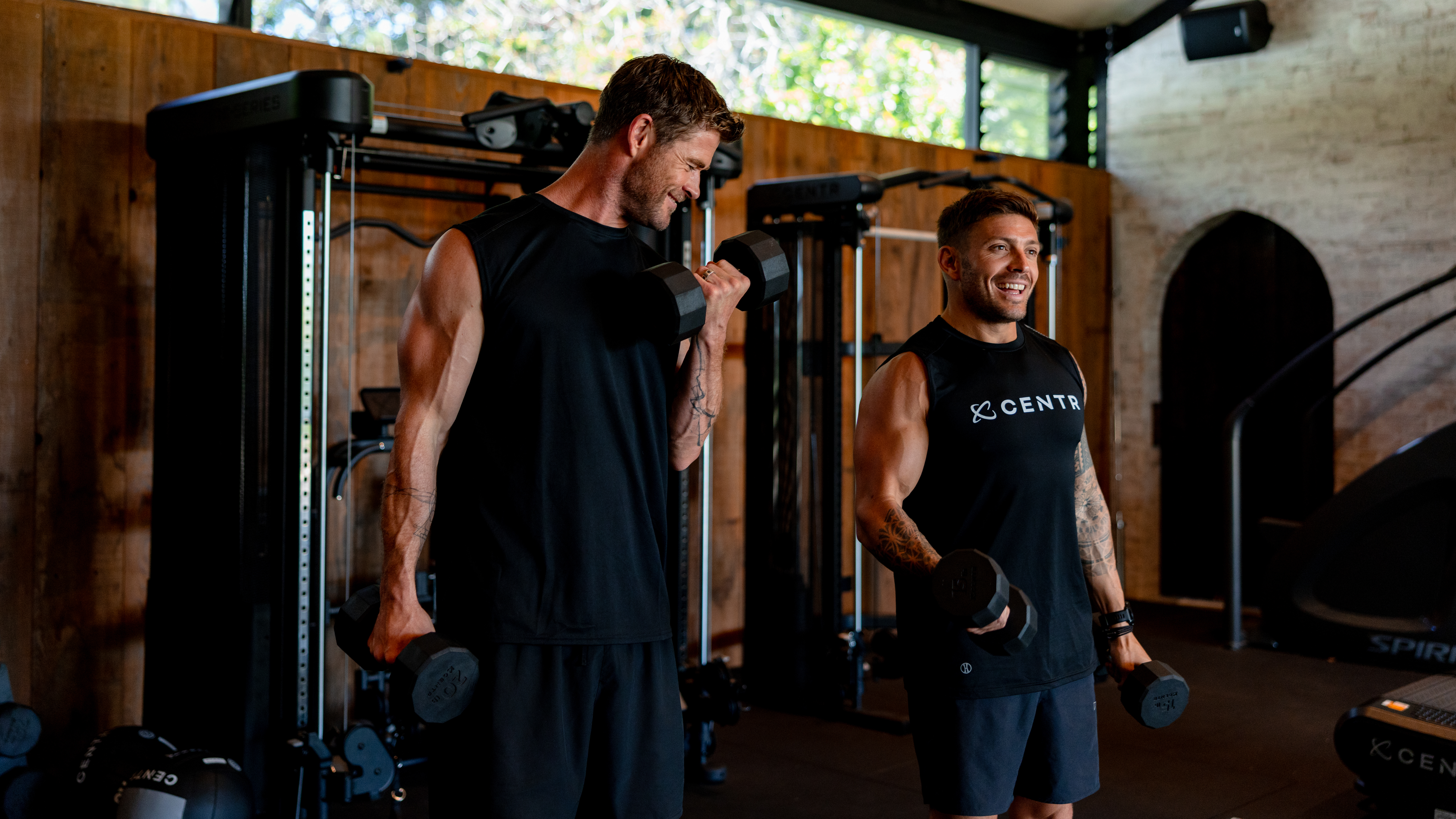 Build blockbuster arms and abs with Chris Hemsworth's go-to dumbbell circuit
Build blockbuster arms and abs with Chris Hemsworth's go-to dumbbell circuitAll you need are adjustable dumbbells and 20 minutes
By Sam Rider Published